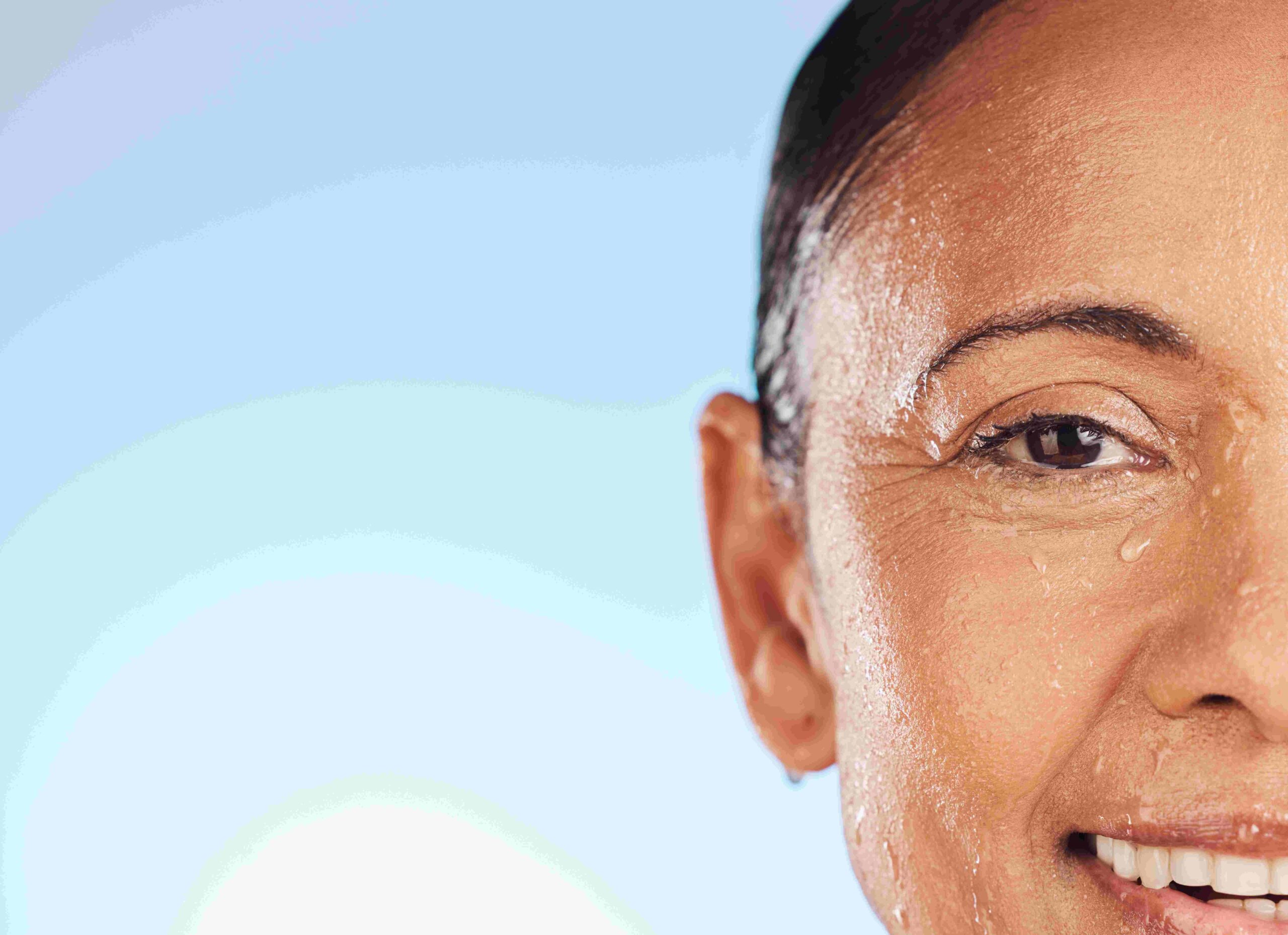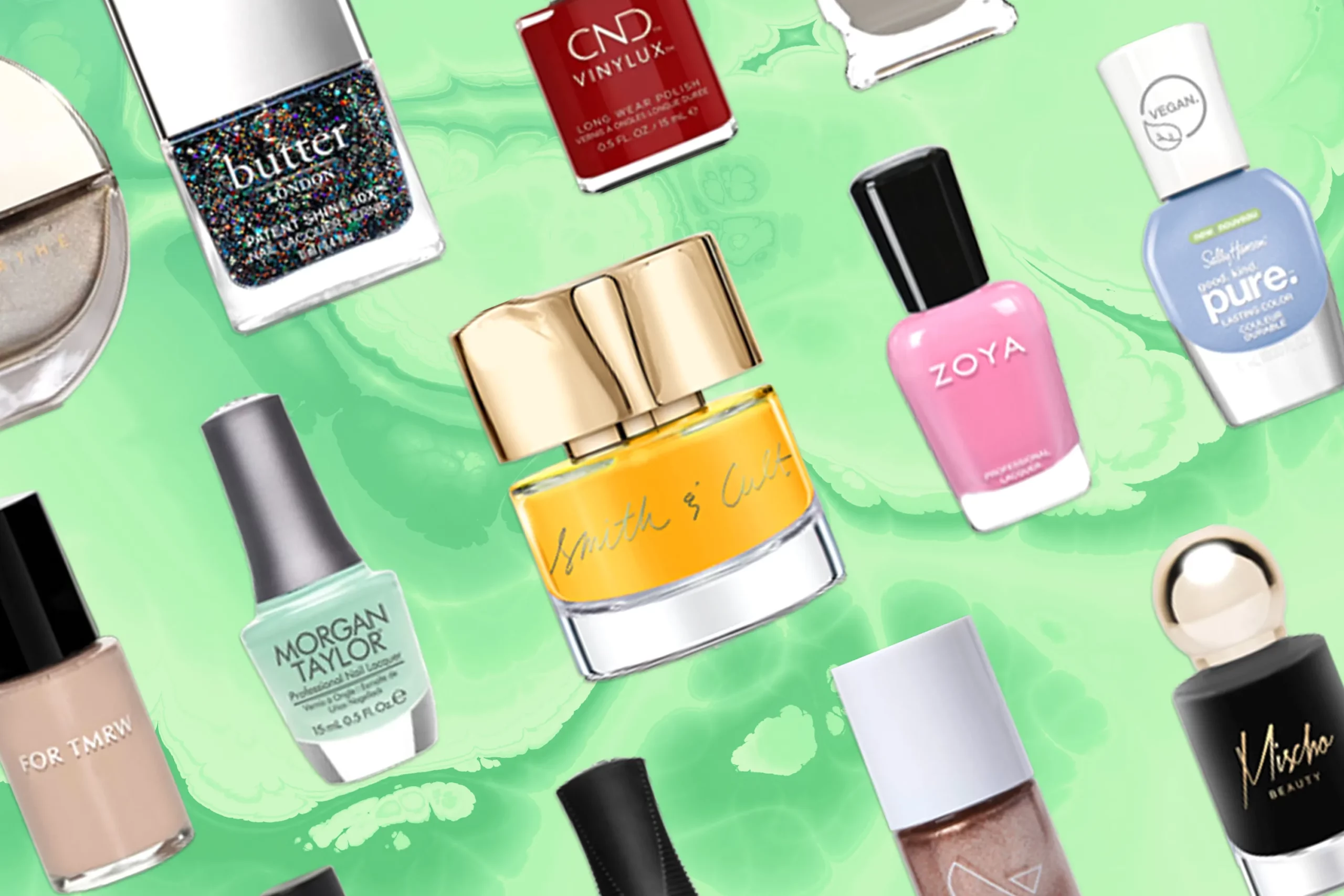As we get older, fine lines and wrinkles start to appear, leaving many of us searching for effective solutions. The right skincare products can significantly help in preventing these signs of aging. With countless options available, it’s crucial to know which ingredients truly make a difference.
In this post, we’ll explore the best skincare products that can effectively minimize wrinkles. You’ll discover active ingredients like retinol and vitamin C, proven to boost skin’s vitality and improve texture. We’ll also highlight tips on how to incorporate these products into your routine for maximum results.
Understanding the importance of proper skincare can lead to healthier skin and a more youthful appearance. Let’s dive into the essentials and find out how you can keep your skin looking its best for years to come.
Key Ingredients in Anti-Wrinkle Skincare
Choosing the right ingredients is vital for an effective anti-wrinkle skincare routine. Certain compounds have proven to deliver impressive results in combating signs of aging. Let’s take a closer look at some of the most effective ingredients known for their anti-aging properties.
Retinol and Retinoids
Retinol and prescription-strength retinoids are well-known for their ability to enhance skin health. These vitamin A derivatives work by improving skin cell turnover, which helps to shed old skin cells and promote the growth of new ones. This process is crucial for maintaining a youthful appearance.
Moreover, retinol stimulates collagen production, essential for keeping skin firm and elastic. Regular use can lead to a noticeable reduction in the appearance of fine lines and wrinkles. Products containing retinoids are often recommended for those with more significant skin concerns, providing results that go beyond typical moisturizers. For more information on how retinol works, check this guide by Cleveland Clinic.
Vitamin C
Vitamin C is a powerhouse antioxidant that plays a critical role in skincare. It helps protect the skin from environmental damage such as UV rays and pollution while supporting collagen synthesis. When used topically, vitamin C can reduce the appearance of wrinkles and improve overall skin texture.
This vitamin also brightens the skin and evens out skin tone, making it an essential ingredient in any anti-aging regimen. Regular application of vitamin C serum can lead to a healthier, more radiant complexion. Learn more about its benefits in this Harvard Health article.
Niacinamide
Also known as Vitamin B3, niacinamide is a versatile ingredient packed with benefits. It’s renowned for improving skin tone and texture while effectively reducing discoloration and fine lines. Niacinamide boosts hydration in the skin, helping to calm redness and enhance skin barrier function.
This ingredient is especially appealing because it suits a variety of skin types, including sensitive skin. By incorporating niacinamide into your routine, you may notice a brighter, more youthful complexion. To explore more about niacinamide, read WebMD.
Bakuchiol
Bakuchiol has emerged as a popular gentle alternative to retinol, particularly for those with sensitive skin. Derived from the Babchi plant, bakuchiol can stimulate skin cell turnover and collagen production, similar to retinol but with less irritation.
This ingredient not only helps reduce the visibility of fine lines and wrinkles but also improves skin tone and texture. It’s a fantastic option for anyone looking to achieve anti-aging benefits without the sensitivity that often accompanies retinol use.
Peptides and Growth Factors
Peptides and growth factors are crucial players in the skincare anti-aging arena. Peptides are short chains of amino acids that help to build proteins in the skin, such as collagen and elastin. Their small size allows them to penetrate the skin effectively, promoting cell signaling and encouraging skin repair and regeneration.
Growth factors, on the other hand, are proteins that stimulate cell turnover and enhance collagen production. Together, these ingredients can significantly improve skin firmness and texture, making them excellent choices for fostering youthful skin. For an in-depth look at how they work together, check out this review from Nebraska Medicine.
Understanding these key ingredients can empower you to make informed choices in your skincare journey. As you explore products that incorporate these components, remember that consistency is key to achieving the best results in wrinkle prevention.
Sunscreen: Your Best Defense Against Wrinkles
When it comes to wrinkle prevention, sunscreen should be your first line of defense. Daily use of sunscreen is essential for protecting your skin from harmful UV rays, which can lead to premature aging. Not only does sunscreen help to reduce the risk of skin cancer, but it also plays a significant role in preventing photoaging and the formation of wrinkles. Let’s take a closer look at how to choose the right sunscreen, apply it effectively, and understand different formulations.
Choosing the Right SPF
Selecting the right sunscreen is crucial for effective protection. Look for a broad-spectrum formula that protects against both UVA and UVB rays. The higher the SPF, the greater the protection. Ideally, aim for a minimum SPF of 30 for daily use. If you’re spending extended time outdoors, choose a water-resistant formula with an SPF of at least 50.
Consider your skin type as well; individuals with oily or acne-prone skin might prefer non-comedogenic options, while those with dry skin should look for moisturizing ingredients. The Skin Cancer Foundation offers valuable insights on how to choose and use sunscreen effectively. For more details, check out this tip sheet.
Application and Reapplication
Applying sunscreen correctly is as important as choosing the right one. Here are some tips to ensure you’re getting the most out of your sunscreen:
- Apply Generously: Use about a nickel-sized amount for your face and an ample amount for body coverage. Don’t forget areas like your ears, neck, and the back of your hands, where wrinkles can develop.
- Timing Matters: Apply sunscreen 15 to 30 minutes before heading outside. This allows the ingredients to bind properly to your skin.
- Reapply Frequently: Sunscreen should be reapplied every two hours, or more often if you’re sweating or swimming. Even water-resistant formulas can wear off. For helpful application techniques, visit this guide.
Sunscreen Formulations
Sunscreens come in various forms, each with unique benefits. Here’s a quick overview:
- Cream: Ideal for dry skin, creams offer moisturizing properties. They’re easy to spread, making them good for the face and body.
- Gel: Great for oily or acne-prone skin, gel formulations feel lighter on the skin and often have a cooling effect.
- Spray: Convenient for quick application, sprays are easy to use but often require more product to ensure adequate coverage.
- Stick: Perfect for on-the-go touch-ups, sticks are compact and work well for small areas like the face and ears.
Each type has its pros and cons, so selecting the right formulation for your skin is essential. To explore different types of sunscreens in detail, check out this resource.
Making sunscreen a daily part of your skincare routine can markedly improve your skin’s health and appearance as you age. Remember, consistency is key!
Moisturizers and Hydration for Youthful Skin
Hydration is a cornerstone of youthful skin. Properly moisturizing your skin not only enhances its appearance but also plays a vital role in preventing wrinkles. Here’s why incorporating a quality moisturizer into your skincare routine can make a significant difference.
Importance of Moisturizing
Moisturizing your skin is essential for maintaining a healthy and youthful appearance. When skin remains hydrated, it tends to be more elastic, smoother, and less prone to fine lines and wrinkles. Here are several key benefits:
- Improves Skin Texture: A good moisturizer helps to smooth out uneven patches and gives skin a softer feel.
- Increases Elasticity: Hydrated skin is more pliable, making it less likely to develop fine lines. According to studies, regular moisturizing can lead to improved skin elasticity, helping to reduce the appearance of wrinkles over time (NIH Study).
- Prevents Dryness: Moisturizers create a protective barrier that minimizes water loss, preventing dry and flaky skin.
By integrating a moisturizer into your daily routine, you are taking an essential step toward youthful skin.
Ingredients to Look for in Moisturizers
Choosing the right ingredients is crucial to ensure maximum hydration. Here are some key ingredients to look for:
- Hyaluronic Acid: This powerful humectant can hold up to 1,000 times its weight in water. It pulls moisture from the environment into the skin, ensuring deep hydration.
- Glycerin: Another outstanding humectant, glycerin works similarly to hyaluronic acid by attracting moisture to your skin. Its ability to hydrate and soften makes it a popular choice in various skincare formulations.
- Ceramides: These lipid molecules help to restore the skin barrier, locking in moisture and preventing dryness.
- Shea Butter: Provides an emollient effect, moisturizing and softening the skin while also delivering beneficial fatty acids.
When picking a moisturizer, look for these ingredients to achieve optimal hydration and maintain the skin’s youthful glow.
Night Creams and Serums
Nighttime is when your skin gets to recharge and recover, so using the right products can amplify this process. Night creams and serums provide various benefits:
- Deep Hydration: Night creams are typically richer in texture, designed to provide intense hydration while you sleep. They work to seal in moisture and combat dryness.
- Supports Skin Regeneration: Night creams often contain active ingredients that help your skin repair itself while you rest. For instance, they may include retinol for cell turnover or peptides to promote collagen synthesis.
- Enhanced Absorption: During the night, your skin is more receptive to absorbing the nutrients in creams and serums. This makes nighttime application an excellent time to maximize the benefits. For a deeper dive into the benefits of night creams, you can check this overview from Skinician.
By incorporating both day and night moisturizers into your skincare regimen, you support your skin’s natural processes and help deter the signs of aging. Adequate hydration through these formulations is key in maintaining youthful, supple skin.

Photo by Anna Shvets
Lifestyle Factors in Wrinkle Prevention
Your lifestyle choices play a significant role in how your skin ages. While skincare products are essential, factors like diet, sleep, and stress management can enhance or hinder your skin’s appearance. Here’s a closer look at how you can cultivate a lifestyle that promotes wrinkle prevention.
Diet and Nutrition
The foods you choose greatly affect your skin health. Proper nutrition can help maintain youthful skin and prevent the formation of wrinkles. Here are some key foods to incorporate into your diet:
- Fatty Fish: Rich in omega-3 fatty acids, fish like salmon and mackerel help hydrate the skin and keep it supple.
- Dark Chocolate: The antioxidants in dark chocolate improve skin hydration and texture, reducing the likelihood of wrinkles.
- Fruits and Vegetables: Citrus fruits, berries, spinach, and carrots are packed with vitamins and minerals that support skin health. Foods high in antioxidants combat free radicals that cause skin damage.
- Nuts and Seeds: Sources of healthy fats and proteins, nuts like walnuts and seeds like flaxseed are great for maintaining skin elasticity.
Sleep and Stress Management
Quality sleep and stress reduction are often overlooked aspects of skincare. When you don’t get enough sleep, your body struggles to repair itself, leading to dull skin and the formation of fine lines. Aim for 7-9 hours of sleep each night. This restorative time is crucial for skin rejuvenation, where collagen synthesis occurs, reducing wrinkles.
Managing stress is equally important, as chronic stress can lead to inflammation, which breaks down collagen and elastin—key proteins that keep skin youthful. Techniques like meditation, yoga, or simple breathing exercises can be exceptionally beneficial. For insights into how stress affects skin health, check out this MDCS NYC article. Prioritizing rest and relaxation can make a noticeable difference in your skin’s appearance.
Professional Treatments
While a solid lifestyle and skincare routine are vital, professional treatments can offer an extra boost. Options like chemical peels, microneedling, and laser therapy can enhance your skin’s texture and overall appearance.
- Chemical Peels: This treatment removes the outer layer of dead skin, revealing fresh skin beneath and stimulating new cell growth. It’s great for reducing fine lines.
- Microneedling: Tiny needles create micro-injuries in the skin, prompting the body to increase collagen production which leads to smoother, firmer skin.
- Laser Therapy: Different types of laser treatments can target various skin issues, including wrinkles and pigmentation, significantly improving texture and tone.
For detailed information on professional treatments, refer to this Mayo Clinic overview. Combining these treatments with an effective skincare routine can turn back the clock on aging.
By considering diet, sleep, stress management, and professional treatments, you can create a robust plan for wrinkle prevention that complements your skincare products. Taking intentional steps in these areas can empower you to maintain youthful skin for years to come.
Incorporating the right skincare products into your routine can effectively prevent wrinkles and promote youthful skin. Key ingredients like retinol, vitamin C, and niacinamide all play vital roles in combating fine lines and improving overall skin texture.
Don’t overlook the importance of daily sunscreen and a quality moisturizer to protect and hydrate your skin. These practices, combined with a balanced diet, sufficient sleep, and stress management, will enhance your efforts for lasting results.
Take a step today—experiment with these products and see what works best for you. Your skin will thank you in the long run! What changes will you implement in your routine? Share your thoughts below!
You May Also Like
The Top 5 Mistakes to Avoid When Picking Skincare Products
Rhode Skincare: Everything You Need to Know About Hailey Bieber’s Beauty Brand
Does Drinking Water Improve Your Skin? Separating Facts From Fiction




